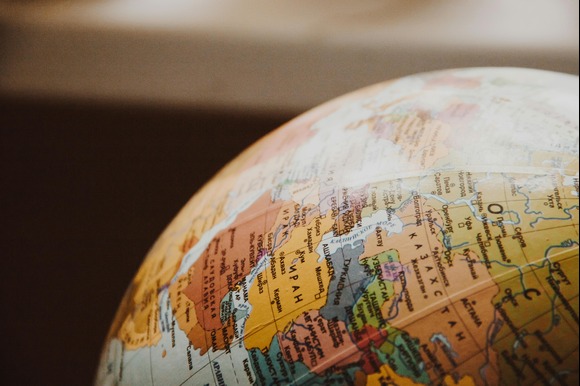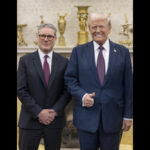Tensions surged across South Asia after India launched military strikes on Pakistani territory early Wednesday, prompting a strong retaliatory response from Islamabad’s armed forces. The exchange marked a serious escalation between the nuclear-armed rivals, with Pakistan reporting eight casualties and vowing further action if provoked.
The international community responded swiftly and with concern, calling on both nations to exercise caution and engage in dialogue to avoid further deterioration of the situation.
U.S. President Donald Trump
Speaking from the White House, President Donald Trump expressed regret over the recent developments, labeling India’s actions as “a shame.” He emphasized the longstanding nature of the conflict and his hope for a peaceful resolution.
“They’ve been fighting for many, many decades—and centuries, actually, if you really think about it,” Trump remarked. “I just hope it ends very quickly.”
U.S. Secretary of State Marco Rubio
Secretary of State Marco Rubio echoed the president’s sentiment in a statement shared on social media.
“I am monitoring the situation between India and Pakistan closely. I echo @POTUS’s comments earlier today that this hopefully ends quickly and will continue to engage both Indian and Pakistani leadership towards a peaceful resolution,” Rubio wrote.
United Nations Secretary-General António Guterres
A spokesperson for UN Secretary-General António Guterres issued a statement expressing deep concern over the escalation.
“The Secretary-General is very concerned about India’s military operations across the Line of Control. He urges both sides to exercise maximum military restraint,” the statement read. “The world cannot afford a military confrontation between India and Pakistan.”
Japan
Japan’s Chief Cabinet Secretary Yoshimasa Hayashi condemned the April 22 attack that precipitated the Indian response and warned of potential regional instability.
“We express strong concern that this situation could escalate into a full-scale military conflict,” Hayashi stated, urging both India and Pakistan to return to the path of dialogue and diplomacy.
United Arab Emirates
The United Arab Emirates also weighed in, calling for calm and restraint from both sides. In a statement, UAE Foreign Minister Sheikh Abdullah bin Zayed Al Nahyan emphasized the importance of peaceful conflict resolution.
“Diplomacy and dialogue remain the most effective means of peacefully resolving crises,” the UAE government’s statement said.
France
French Foreign Minister Jean-Noel Barrot recognized India’s right to defend itself but cautioned against allowing the situation to spiral further.
“We urge both India and Pakistan to show restraint and to protect civilians,” Barrot stated during an appearance on TF1 television.
China
China, a key regional stakeholder, expressed regret over India’s military actions and appealed for calm.
“These developments are regrettable,” said a spokesperson for China’s foreign ministry. “We call on both sides to remain calm, exercise restraint, and avoid actions that may worsen the already tense situation.”
Russia
The Russian foreign ministry issued a statement underscoring its concern about the growing hostility and emphasized the need to avoid further escalation.
“Russia is deeply concerned by the rising tensions,” the statement read. “We urge both India and Pakistan to exercise restraint and refrain from steps that could lead to further instability.”
As diplomatic pressure mounts, world leaders continue to stress the urgency of de-escalation, warning that another armed conflict between India and Pakistan could have devastating consequences—not just for the region, but for global peace and security.






